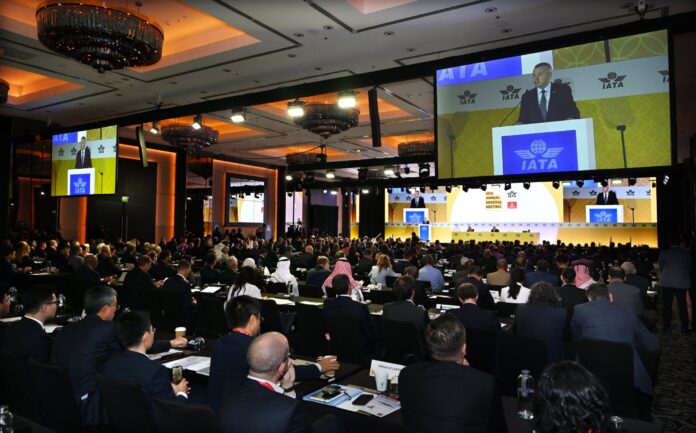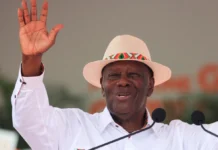Global airline leaders have converged in New Delhi for the International Air Transport Association’s (IATA) annual summit to tackle pressing challenges ranging from escalating trade tensions to ambitious net-zero emissions targets.
Despite a full recovery in global air travel following the COVID-19 pandemic, the industry faces growing uncertainty. While planes remain full, airlines are grappling with rising operational costs, delayed aircraft deliveries, supply chain disruptions, and fluctuating airfares.
One major concern at the summit is the impact of U.S. President Donald Trump’s evolving trade war, which has disrupted the aerospace industry’s longstanding tariff-free status.
“You can’t say that a fall-off in consumer confidence and higher inflation are not going to mean less money in the wallet for people to spend,” said Aengus Kelly, CEO of AerCap, the world’s largest aircraft leasing firm.
In contrast to strong travel demand in Europe and Asia, U.S. carriers are facing a downturn. The American market is experiencing a slump in travel demand, making it difficult for airlines to predict passenger behavior and manage operational expenses.
Nevertheless, declining fuel prices and a weaker U.S. dollar are helping to buffer some of these shocks. “Those tailwinds have insulated airlines, to date, from the worst effects [of declining demand],” Kelly added.
The summit, hosted by IndiGo, India’s largest airline, comes at a pivotal time for the country’s aviation sector. India has emerged as the third-largest air passenger market globally, with growth in Asian air travel expected to outpace Europe and North America for decades.
However, regional geopolitical tensions are also taking a toll. Recent hostilities with Pakistan have forced Indian airlines into costly detours to avoid Pakistani airspace, underscoring how conflict zones increasingly threaten airline operations and profitability.

Aviation safety will be a central theme of the three-day event, following a series of air accidents in Kazakhstan, South Korea, and North America, as well as mounting concerns over U.S. air traffic control systems.
IATA has called for urgent global coordination to mitigate safety risks, especially those linked to conflict zones.
As airline executives and regulators gather, the summit is expected to shape the industry’s response to a future marked by volatility, environmental responsibility, and evolving passenger behavior.
Written By Rodney Mbua



















